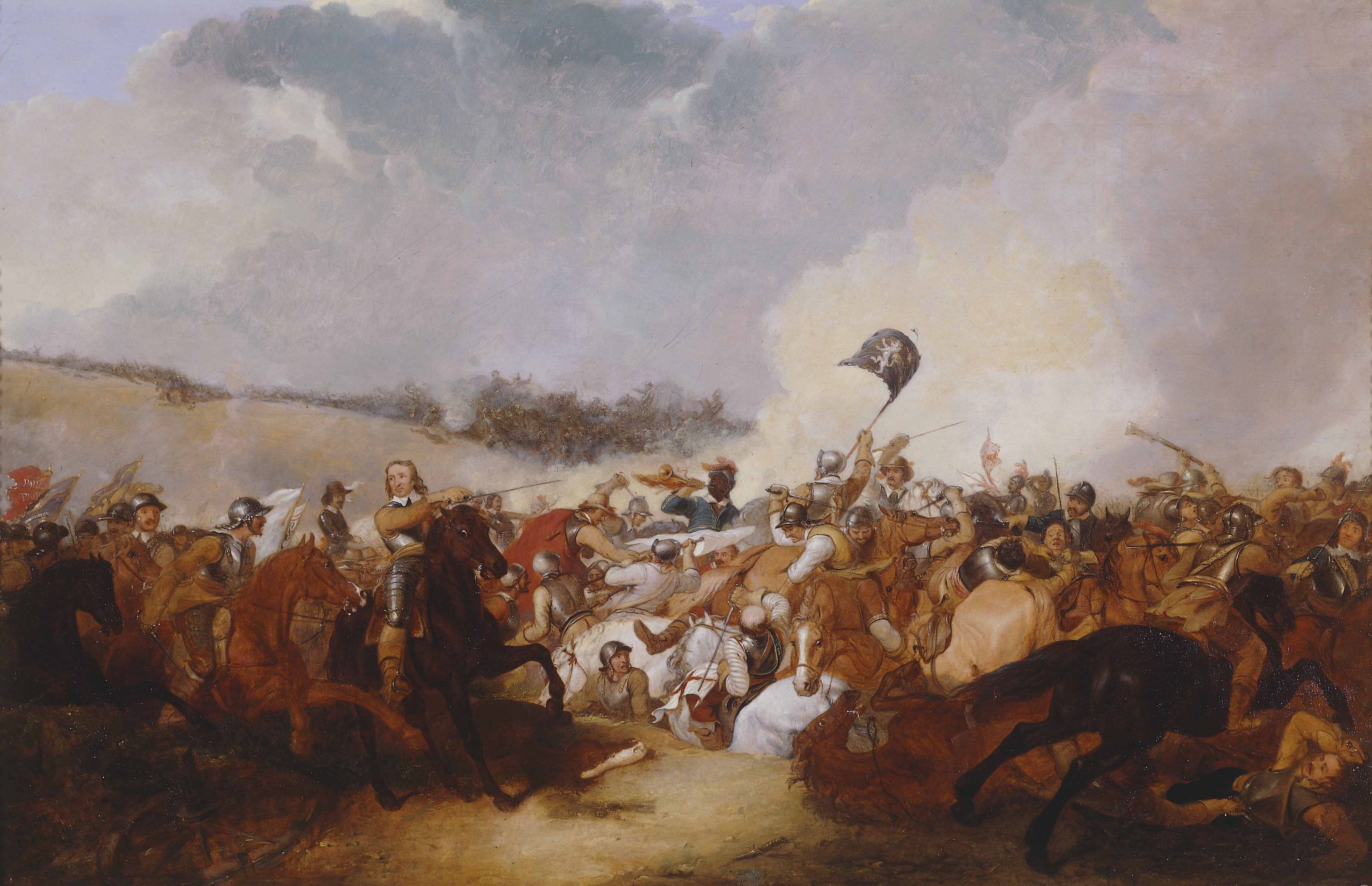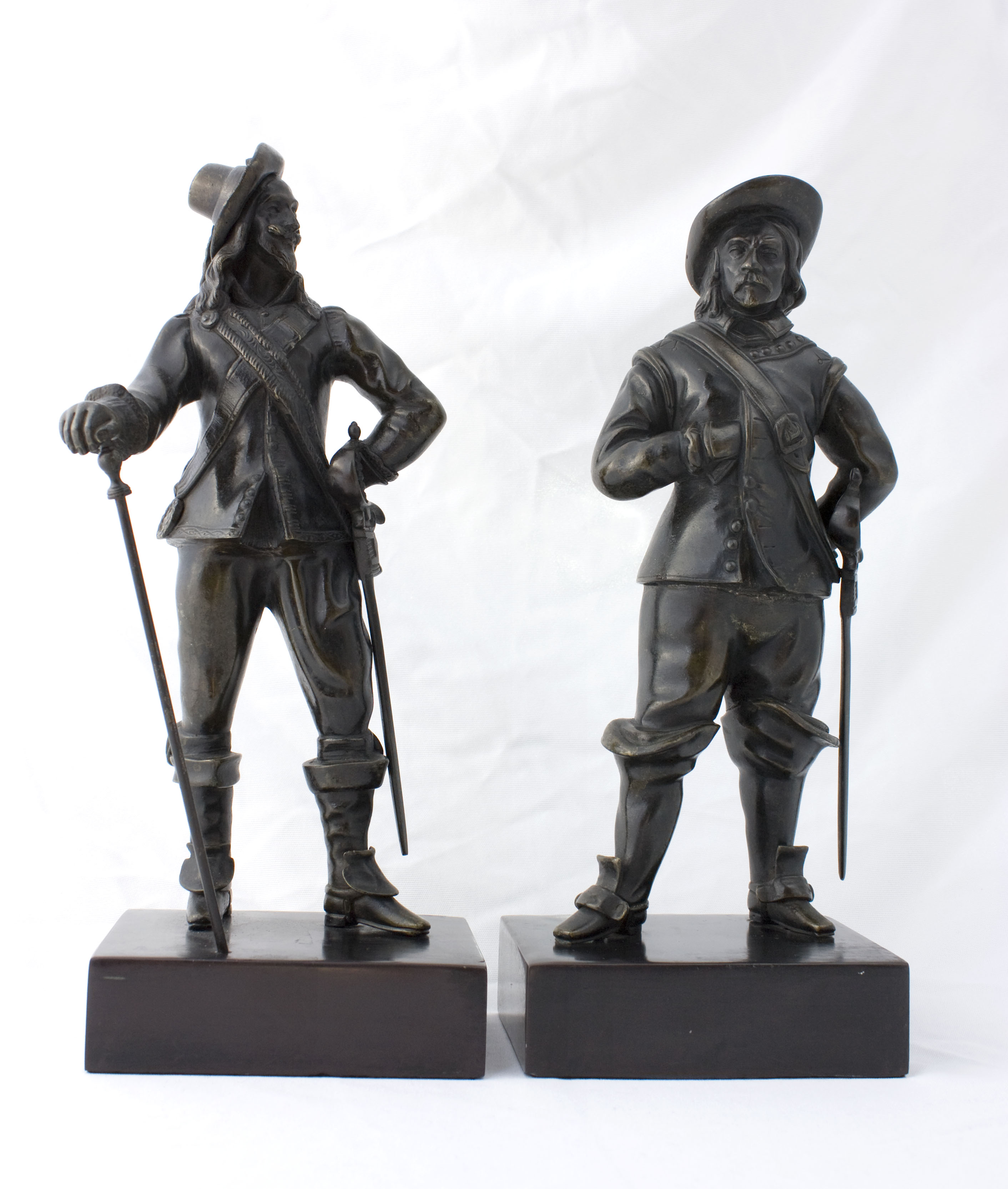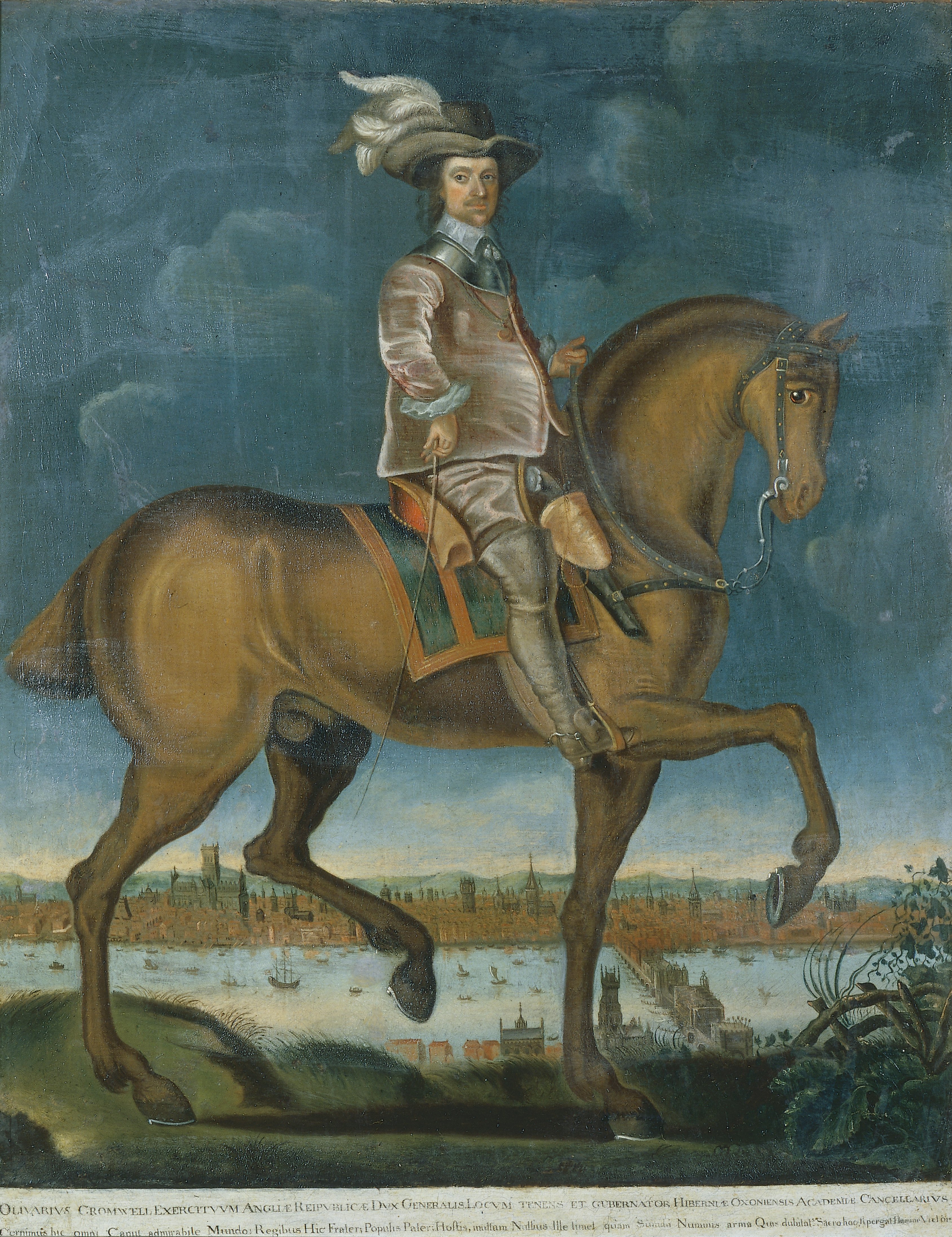Why is Cromwell Important?
Oliver Cromwell is one of the most famous figures in British history. For some he provokes strong emotions, even more than 350 years after his death. He is known throughout the world, and was voted one of the ten most important figures in British history in 2001. There are a number of reasons why he is significant and is worthy of study today:
- Cromwell was from a relatively humble background, born and brought up in relative obscurity from a ‘middling sort’ family in Huntingdon. He rose to become the first commoner to become Head of State in British history.
- Cromwell divides opinions: partly this is down to those after the Restoration who wanted blacken his name, partly because some of his actions, such as his Irish campaign, were controversial even during his lifetime and continue to cause discussion and debate even today. Some love him; others loathe him – either way he is impossible to ignore.
- He was one of the key figures in the Civil Wars that tore the country apart in the 1640s, and one of the main architects of Parliament’s victory in this bloody conflict.
- The modern British army was founded from the New Modelled Army that Cromwell helped found and led so effectively. The red coat still worn as the dress uniform by regiments today was derived from that of Cromwell’s regiments.
- Cromwell was a key figure – arguably the driving force – behind the trial and execution of King Charles I. This was the first time that a monarch had been deposed and put on trial by his own people, as opposed to being simply deposed by a rival royal. It has been argued that this helped establish a legal precedent that heads of state were answerable to the law and their people – an important principle that led to the existence of the International Criminal Court and War Crimes Tribunals today.
- The Protectorate over which Cromwell presided was the first government in British history to have a written constitution, a document that set out the rules for how the country should be governed, and enshrined the principle of freedom of religious conscience. For a time in the 1650s there was the greatest period of religious toleration there had yet been in England, or would be again for over a century.
- Cromwell as a person is contradictory, fascinating and often misunderstood. The popular image of him is as a dour, humourless individual, dressed in black. His portraits show him actually in fine clothes; he seems to have been a devoted husband and father, enjoyed music, dancing and horse racing and had a good sense of humour. He could be a commanding and energetic figure, but also battled with depression and periods of melancholy. He is often quoted; from “warts and all” to “keeping your powder dry”.
- The period that Cromwell lived through led to the foundation of our modern parliamentary democracy; people then raised questions about the nature of freedom, government, religion and equality that we still wrestle with today.
For differing on views on why different historians think Cromwell is significant, have a look at the Cromwell Association website.

Cromwell at the Battle of Naseby, 1645. Early 19th century painting by Abraham Cooper

Pair of late 19th century bronze figures of Cromwell and Charles I

Portrait of Cromwell on horseback, 1656 (unknown artist)



